All About CySEC: Regulations for European Traders
Discover how CySEC protects European traders with its regulations, investor safeguards, and transparency measures. Learn how CySEC-regulated brokers like AvaTrade and eToro ensure secure trading experiences.
 Writen by:
Arslan Ali But
22 January 2025
8 minutes read
Writen by:
Arslan Ali But
22 January 2025
8 minutes read

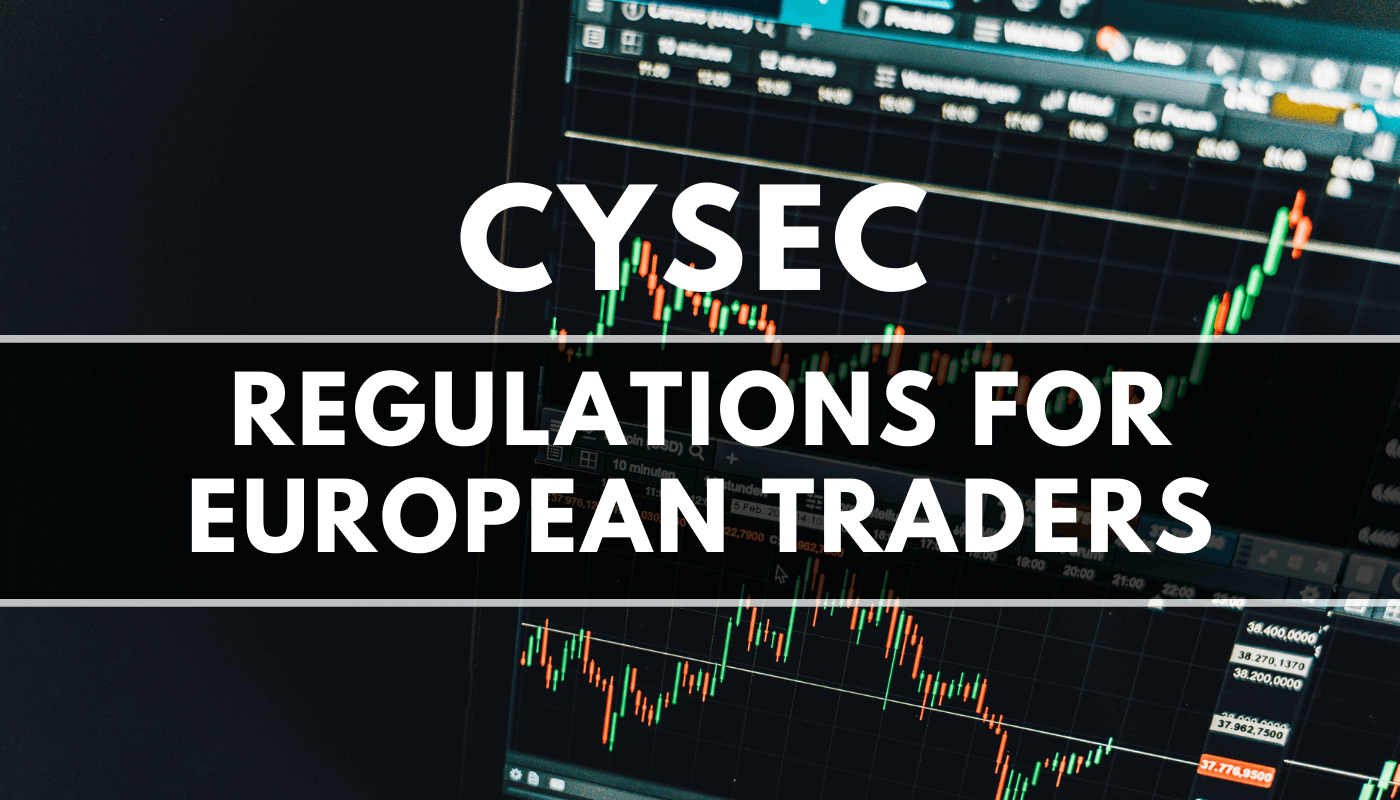
The Cyprus Securities and Exchange Commission (CySEC) is one of Europe’s most prominent financial regulators, ensuring that financial markets operate transparently and fairly. Cyprus, home to over 200 financial firms, has emerged as a pivotal hub in the European trading industry, attracting brokers like AvaTrade and eToro due to its favorable regulatory framework.
Established in 2001, CySEC enforces robust regulatory standards aligned with EU directives such as MiFID II, fostering trust among traders. This article delves into how CySEC’s regulatory framework protects traders, ensuring a secure and transparent trading experience.
What is CySEC?
The Cyprus Securities and Exchange Commission (CySEC) is a key financial regulatory authority established in 2001. Its primary role is to regulate and supervise financial markets in Cyprus, ensuring compliance with European Union directives such as MiFID II (Markets in Financial Instruments Directive). These directives aim to standardize regulations across the EU, promoting transparency, investor protection, and fair market practices
CySEC operates under the oversight of the European Securities and Markets Authority (ESMA), giving it credibility and influence across European financial markets. Its regulatory scope includes forex brokers, investment firms, fund managers, and financial advisors operating within Cyprus.
CySEC’s reputation as a leading regulator has attracted major brokers like AvaTrade and eToro, both of which are licensed and regulated by CySEC. These brokers adhere to strict compliance measures, such as maintaining segregated client funds and providing transparent trading conditions, ensuring traders' interests are protected.
By enforcing robust standards for licensing and monitoring financial entities, CySEC plays a crucial role in fostering trust and stability in European trading markets, making Cyprus a preferred hub for global financial services.
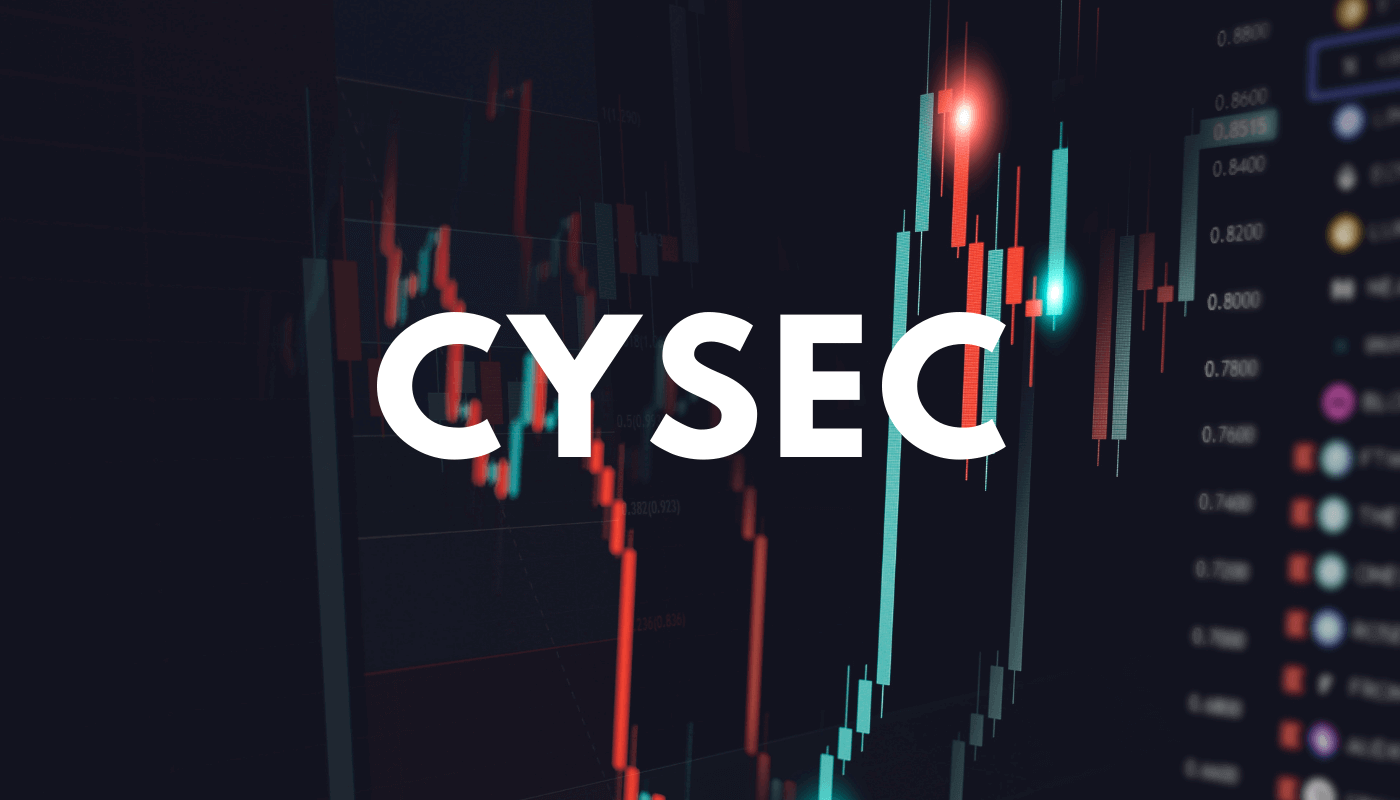
Key Responsibilities of CySEC
CySEC plays a vital role in maintaining the integrity and security of European financial markets. Its key responsibilities are divided into three main areas:
a. Protecting Investors
CySEC prioritizes the protection of traders and investors by enforcing strict regulations for brokers.
- Transparency: Brokers like eToro and AvaTrade must clearly disclose all fees, risks, and terms of service, ensuring traders can make informed decisions. For example, risk warnings like "67% of retail CFD accounts lose money" are mandated to promote awareness.
- Asset Security: CySEC requires the segregation of client funds, meaning broker operational funds are kept separate from trader deposits. This ensures trader assets are safeguarded even if a broker faces financial instability.
b.Enforcing Market Integrity
CySEC ensures that financial markets operate fairly and transparently by monitoring compliance with EU financial directives such as MiFID II.
- Fraud Prevention: It actively monitors market activities to detect and prevent fraudulent practices, such as insider trading or price manipulation.
- Regulatory Enforcement: CySEC takes swift action against violations. For example, in 2024, CySEC fined IC Markets (EU) Ltd €50,000 for failing to secure the best outcomes for clients and inadequate cost disclosures. Similarly, Exelcius Prime Ltd faced a €3,500 penalty for anti-money laundering violations. These actions demonstrate CySEC’s commitment to maintaining market integrity and protecting traders.
c. Licensing and Supervision
CySEC ensures that financial markets operate fairly and transparently by monitoring compliance with EU financial directives such as MiFID II.
- Licensing: Brokers like AvaTrade must undergo rigorous evaluations to secure their CySEC license, ensuring they meet financial and operational standards.
- Ongoing Audits: Regular audits and compliance checks are conducted to ensure brokers adhere to the required guidelines and maintain ethical practices in their operations.
By fulfilling these responsibilities, CySEC fosters trust and stability in the financial markets, ensuring European traders are provided with a secure and transparent trading environment.
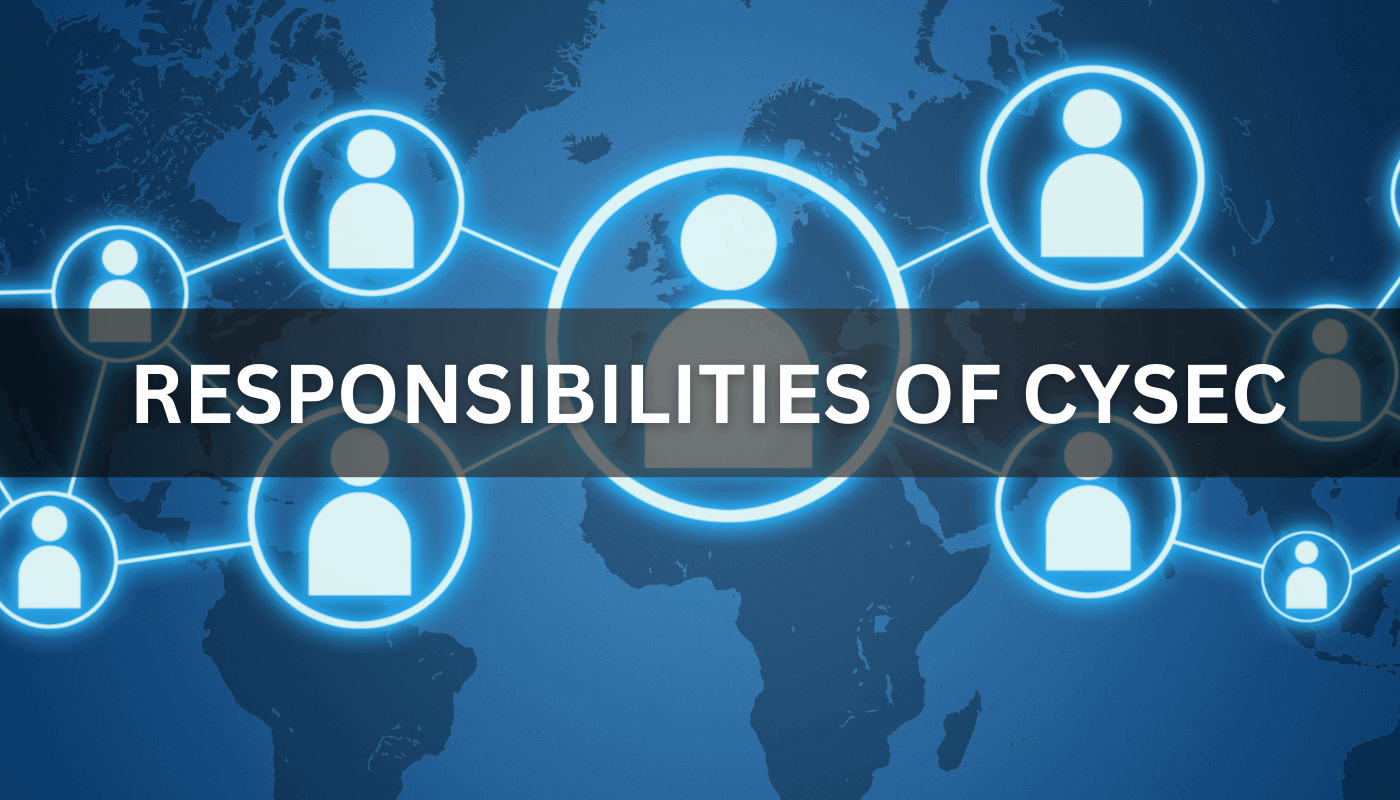
Investor Protection Measures
CySEC implements robust investor protection measures to ensure the safety and trust of European traders. Here’s how these measures benefit clients of CySEC-regulated brokers like AvaTrade and eToro:
a. Investor Compensation Fund (ICF)
The ICF is a cornerstone of CySEC's investor protection framework, designed to reimburse traders if a broker becomes insolvent.
- Coverage: Provides compensation of up to €20,000 per trader, ensuring financial recovery even in the event of broker failure.
- Example: AvaTrade clients are covered under the ICF, offering peace of mind in uncertain market conditions.
b. Segregation of Client Funds
CySEC mandates that brokers separate client funds from their operational accounts to protect traders’ assets.
- Implementation Brokers like eToro hold trader deposits in segregated bank accounts, ensuring the funds are untouched even if the broker faces financial difficulties.
- Benefit: This practice enhances transparency and prevents misuse of client funds.
c. Risk Warnings
CySEC requires brokers to provide clear and prominent risk disclosures to educate traders about the potential losses involved in trading.
- Example: On platforms like eToro and AvaTrade, traders encounter warnings such as “76% of retail CFD accounts lose money,” emphasizing the need for careful decision-making.
These measures collectively safeguard trader investments, enhance transparency, and build trust in CySEC-regulated brokers.
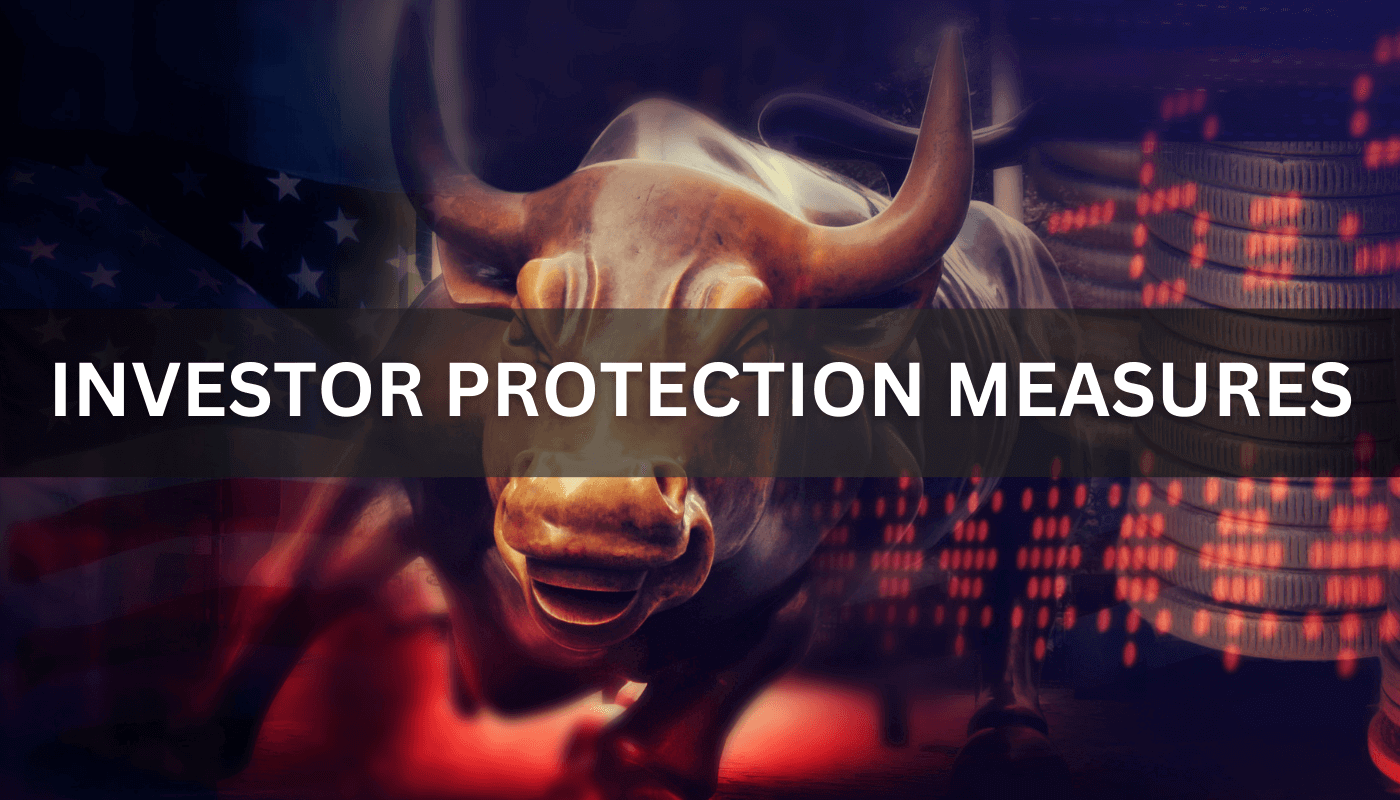
Transparency in Trading
Transparency is a core principle enforced by CySEC to ensure fairness and trust in trading. Brokers regulated by CySEC, like AvaTrade and eToro, are required to adhere to strict guidelines that promote clarity and openness in their operations.
Transparent Pricing Structures
CySEC mandates brokers to clearly disclose all costs associated with trading, including spreads, commissions, and leverage conditions.
- Example: AvaTrade and eToro prominently display their pricing structures on their platforms, making it easy for traders to understand the total cost of their transactions. This reduces the risk of unexpected fees and ensures informed decision-making.
Regular Audits and Reporting
CySEC enforces regular audits to ensure brokers remain compliant with financial and operational standards.
- Implementation: Both eToro and AvaTrade undergo independent audits and publish annual financial reports, providing traders with insights into their financial health and regulatory compliance.
Enhanced Trust
These practices help traders evaluate brokers based on transparent operations, fostering confidence in CySEC-regulated platforms.
- Example: eToro highlights leverage conditions and associated risks on each trade, ensuring traders are fully aware of potential outcomes.
By enforcing transparency, CySEC ensures that traders have the tools and information they need to trade confidently and securely.

Benefits of Trading with CySEC-Regulated Brokers
Choosing a CySEC-regulated broker like AvaTrade or eToro ensures a secure and transparent trading experience. CySEC’s comprehensive regulations are designed to protect traders and uphold market integrity.
Fair Practices: CySEC mandates rigorous compliance standards, ensuring that brokers operate transparently and fairly. Example: AvaTrade and eToro disclose all fees, risks, and terms upfront, minimizing the likelihood of hidden costs or misleading practices.
Investor Safeguards: CySEC provides robust protection mechanisms, including:
- Investor Compensation Fund (ICF): Covers up to €20,000 in case of broker insolvency.
- Segregated Accounts:Brokers must keep client funds separate from operational accounts, ensuring fund safety even in financial downturns.
Dispute Resolution: Traders have access to formal mechanisms for resolving complaints through CySEC, ensuring impartial outcomes in disputes.
reputation Fact: In 2023, over 60% of European traders cited CySEC regulation as a key factor when selecting brokers, emphasizing the trust CySEC fosters in the financial markets.
Trading with CySEC-regulated brokers provides peace of mind, making them a top choice for European traders seeking reliability and security.
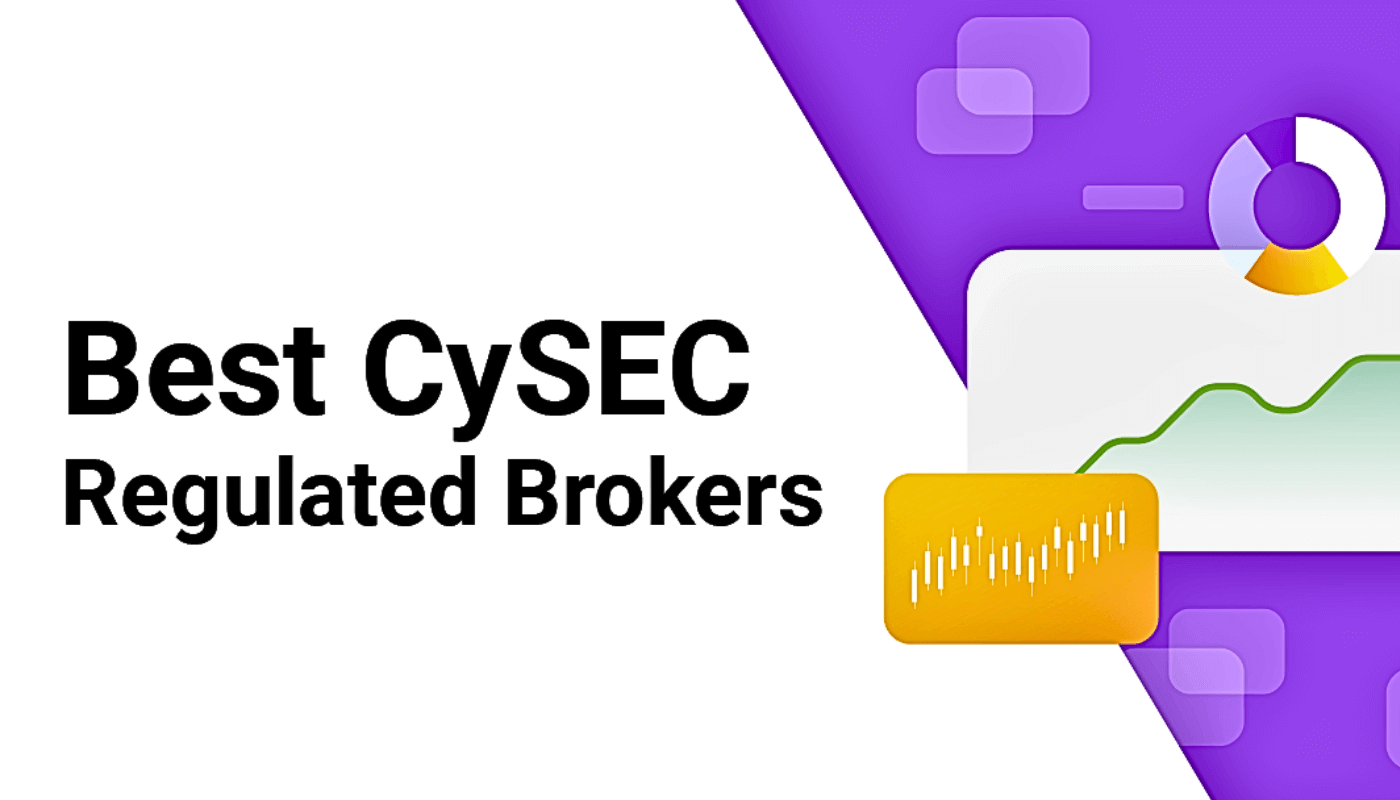
Common Criticisms of CySEC
While the Cyprus Securities and Exchange Commission (CySEC) plays a vital role in regulating financial markets, it has faced certain criticisms regarding its enforcement practices.
Perceived Leniency
CySEC is sometimes viewed as less stringent compared to regulators like the UK's Financial Conduct Authority
(FCA).
Example: Some brokers have exploited CySEC licenses to target clients outside the European Union, leveraging
the
regulator’s credibility to operate in less-regulated regions.
Delays in Addressing Misconduct
The time taken to investigate and address broker misconduct has drawn criticism, as it leaves traders
vulnerable during periods of non-compliance.
Example: In 2023, CySEC imposed fines totaling over €2.2 million on investment firms for various violations,
but the delays in enforcement left traders exposed.
Steps Taken by CySEC
To address these concerns, CySEC has implemented stricter monitoring protocols and faster resolution
mechanisms:
- Enhanced Monitoring: In 2024, CySEC introduced a new real-time reporting system for brokers, enabling faster detection of irregularities.
- Cross-Border Collaboration: CySEC has strengthened partnerships with regulators like ESMA and the FCA to combat offshore scams and enhance global enforcement capabilities.
- Streamlined Investigations: New procedural reforms aim to cut investigation timelines by 30%, ensuring quicker resolutions of misconduct cases.
Positive Note
While CySEC has faced criticism for perceived leniency, recent enforcement actions reflect its proactive
approach to addressing misconduct.
In 2024, CySEC imposed fines on firms like IC Markets and Pruden Ventures Capital for violations ranging
from record-keeping lapses
to non-compliance with anti-money laundering regulations.
These actions signal a commitment to strengthening investor protection.
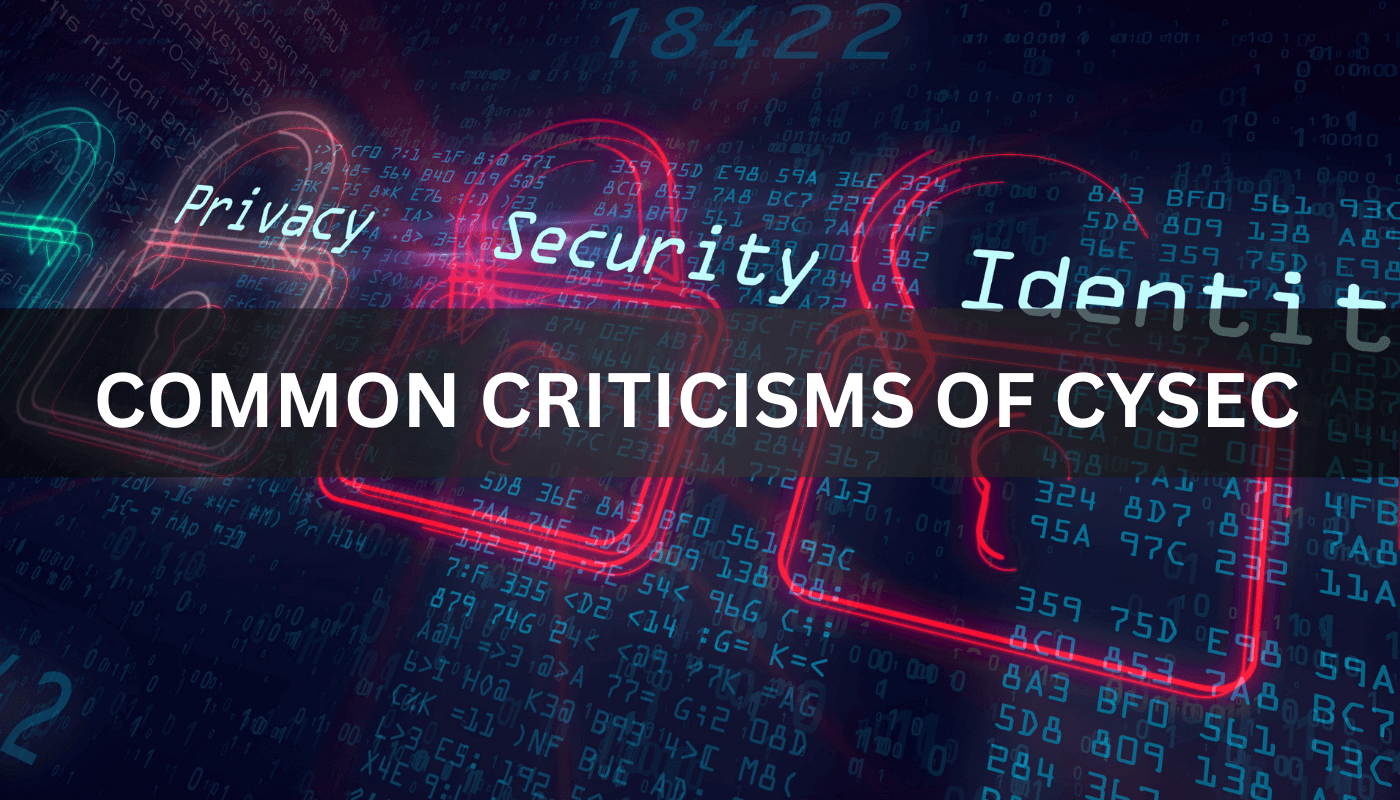
CySEC vs Other Regulators
CySEC is often compared to other major regulators due to its trader-friendly approach and flexibility.
CySEC vs. FCA (UK): AvaTrade’s dual regulation by CySEC and FCA highlights the differences between the two. While CySEC aligns with EU standards and focuses on transparency and investor protection, the FCA is known for its stricter enforcement and rigorous oversight, offering an additional layer of security to UK traders.
CySEC vs. ASIC (Australia): eToro’s regulation under both CySEC and ASIC demonstrates how CySEC allows more flexibility in trading practices, such as higher leverage, compared to ASIC’s capped leverage and stringent capital requirements.
CySEC stands out with features like the Investor Compensation Fund (ICF), which offers up to €20,000 protection for traders, and its emphasis on transparency through mandated reporting and risk disclosures. These measures make CySEC a robust choice for European traders seeking balance between flexibility and protection.
Conclusion
CySEC plays a pivotal role in safeguarding traders by enforcing compliance, transparency, and fund security.
Its regulations ensure a fair and secure trading environment,
making it a preferred choice for European brokers like AvaTrade and eToro.
Brokers regulated by CySEC uphold high standards, offering traders peace of mind and access to robust
investor protection measures like the ICF.
Ready to trade securely?Explore trusted CySEC-regulated platforms like
AvaTrade and eToro at WhereToTrade,
and take the first step toward confident and secure trading today!
Table of contents
1. What is CySEC? 2. Key Responsibilities Of CySEC 3. Investor Protection Measures 4. Transparency in Trading 5. Benefits of Trading with CySEC-Regulated Brokers 6. Common Criticisms of CySEC 7. CySEC vs Other Regulators 8. Conclusion






